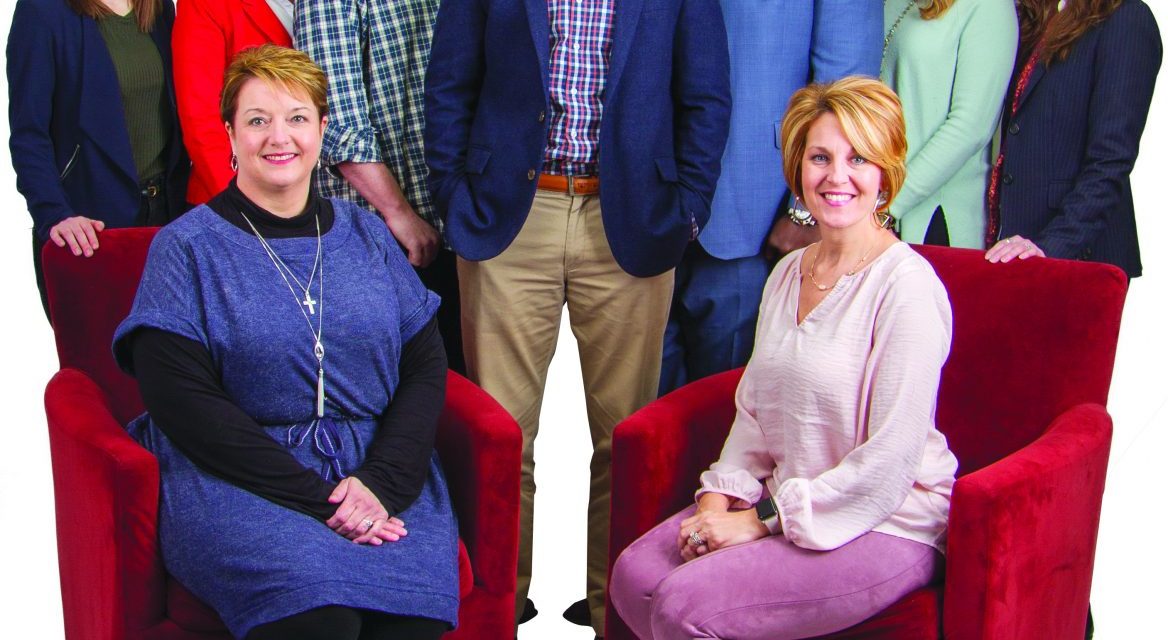What is counseling/therapy?
There are many different modalities and tools to treating emotional or relational issues. Some call it counseling, some psychotherapy. Counseling, to me, is a time when imperfect humans can come together to find hope and purpose in life. One (the professional) is hopefully a person who has been through the counseling journey themselves. One who is trained clinically at listening, empathizing, being present, having humility, and being real. Someone who can take a story and help people to find healing and purpose within themselves through clinical education and the truth of the Gospel. The other (the client) is the one who is seeking guidance, accountability, and direction. More than that I think people seek connection in a world of disconnection and peace in a world of unrest.
What is the point of talking about your feelings or problems?
For many, we have not been taught to use our brains when it comes to emotions and feelings. We are guided by reactions instead of being empowered to feel our feelings without them having control over our immediate behavior. Feelings are not bad, but when we do not understand what we feel and why, we are left to flounder in our relationships, at our jobs, as parents, or caregivers. Some of the most successful people in the world have been to therapy and are deeply aware of their feelings. This is called emotional intelligence. All behavior is rooted in strong beliefs. Those beliefs shape our thoughts and feelings and those shape our behavior. In order to change behavior we have to understand the feelings we have in certain situations and be able to trace them to the lies that we believe about ourselves, our fellow man, and about God.
Why is being trained in trauma and understanding trauma so important for clinicians and for our society?
Trauma is something that we have minimized in our culture since the dawn of time. Trauma is what happens when we experience things that are not nurturing. There are what we call “Big T” traumas such as war, abuse, neglect, near death experiences, and “Little T” traumas like addiction within the family, fearful or painful situations, chronic pain, personal injury, betrayal and so much more. When Big T traumas happen, our brains immediately change, go into survival mode, and put us in fight or flight responses. They release so many chemicals into our brains it automatically changes the way we view the world. We can survive Little T traumas because we can typically fight and grow from them; however, this becomes problematic when Little T traumas happen for years. They begin to change our brain in the same ways Big T traumas do just more subtly. Understanding trauma in yourself and in others help us to find grace and patience with people when they have negative behaviors or actions. It helps us to see them as hurt or hurting. It helps us to understand that their actions and words are a signal to a deep wound that can only be healed by love, grace, understanding, and connection. The goal of trauma therapy is to help people find self-regulation, form new belief systems based on truth, and stop hurting themselves and others while seeking safety. It is important to note that some of the roots of addiction, depression, anxiety, and so many other mental struggles are from a traumatic, or multiple traumatic events. Until we process these events and acknowledge their effects, they stay in control of our current behaviors and beliefs.
Who is counseling/therapy for?
It is normal in our culture to think counseling is only for those with significant mental health diagnoses. We tend to think that the majority of people out there don’t have mental struggles worthy of counsel. Unfortunately, according to my experience and statistics, many of us come from homes filled with divorce, financial difficulties, addiction, unhealthy boundaries, chronic illness, abuse/neglect and so many things that have affected our emotional development. It is true that some of those things have led to a formal diagnosis, but all of us struggle at some point with the rigors of life and our struggles go unacknowledged and untreated. I hope to see individuals get guidance before, during, and after transitions and problems in life and learn how to process their emotions in a way that empowers them to overcome and thrive in life, not just survive it.
How do you listen to so much pain every day and not bring it home? What do you do with it?
I do bring some of it home. How can you not? How can you live in this world, listen to the problems people have, and the societal issues that we are facing and not hurt? I have a hope that is in Christ and a hope for all people that they can find healing and restoration. I have been able to see marriages restored, children reconciled with parents, victims become survivors and the lost become the found. I get to see God working in broken people to bring hope to the world. Our clients at Clint Davis Counseling and my staff motivate me every day to move past hopelessness and into passion for the next walking wounded. I am a product of trauma, but I am also a product of therapy working. I have worked on my own mess for the last eight years and will continue to. I fully believe that if people are out there alone and hurting that we offer them refuge and help to fight their battles and walk alone no more. This is why I wake up and this is how I stay motivated.
Sponsored by Clint Davis.









